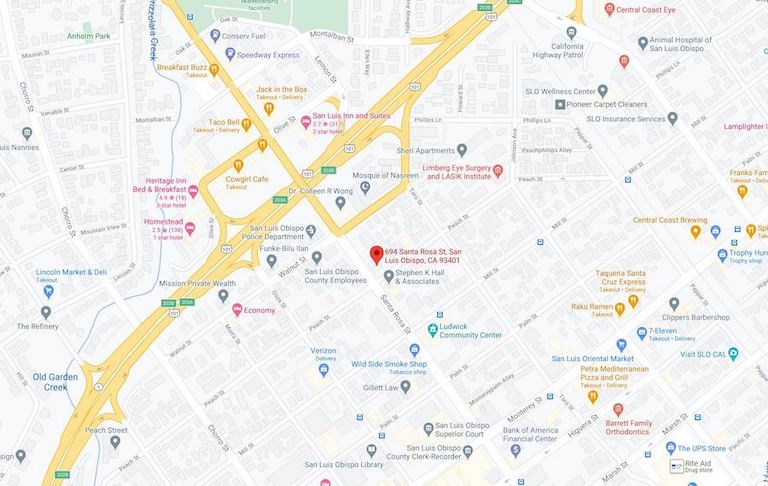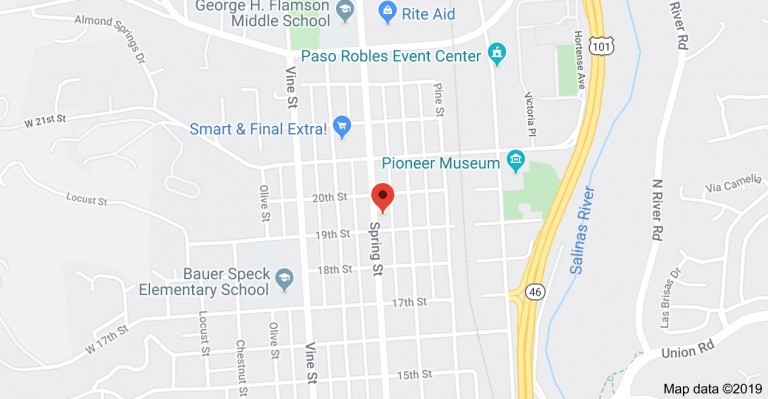Physician Relocation Agreements
Physician contracts play a crucial role in the healthcare industry, as they establish the terms and conditions under which physicians provide their services. These contracts not only protect the rights and interests of both parties involved but also ensure compliance with various legal requirements.
A physician relocation agreement is often an integral part of a physician contact. It involves a practice or hospital offering a certain amount of assistance (financial and otherwise) to a physician to help him or her relocate to a new city, state, or country in order to join that practice or hospital. The specifics can vary greatly depending on the circumstances, but there are several provisions that are generally crucial to include in such an agreement:
- Relocation Expenses Covered
- Terms of Agreement
- Scope of Practice
- Compensation and Benefits
- Licensing and Credentialing Assistance
Community Need
A California hospital is allowed to participate in a Physician Relocation Agreement to bring physicians to a community based on community need. Community need can be established by an independent third-party review of the number of physicians in a particular specialty (primary care, orthopedics, OB/GYN, etc.). Once community need is established a hospital can assist in the relocation of a physician to a medical group or solo practice.
California is unique in that it is one of seven states in the Union that legislates the Corporate Practice of Medicine Act, which specifically precludes hospitals from employing physicians. The others are Texas, Ohio, Colorado, Illinois, New York and New Jersey.
Complexities
There are many complexities involved in developing a Physician Relocation Agreement. The scope of services section in a physician contract outlines the specific duties and responsibilities that the physician will be expected to perform. This includes clinical duties, administrative responsibilities, and any additional obligations that may be required. It is important to clearly define these expectations in writing to ensure that both parties are on the same page and to avoid any potential misunderstandings.
In the case of a Physician Relocation Agreement, because a physician is relocating to satisfy an established community need, the physician will be required under the contract to commit to a number of years (generally three to five) in a defined market service area established by the hospital. If the physician leaves the service area prior to the end of the contractually agreed upon duration, they could incur significant pay back provisions. Because community need has been established, a physician must truly be relocating to the area; in general, the physician must be moving their practice 35 miles or more. Physicians already in a hospital’s defined market area will not likely be eligible for relocation or practice assistance.
Aspects of a Relocation Agreement include:
Compensation: Relocating physicians will establish a Fair Market Value (FMV) compensation, to include overhead expenses, based on established third-party physician compensation surveys which will take into account geographic location and cost of living. There is no standard FMV study and each hospital can use a different third-party survey. The contract is structured as a “loan” and there should be a loan forgiveness provision at the end of the term based on certain financial parameters.
Relocation Expenses: Clearly outline the relocation expenses covered. This could include costs for moving furniture, real estate fees, temporary living expenses, travel costs for house hunting, etc. It is also vital to define any caps on the relocation budget, how reimbursement will occur, and any conditions attached to it (e.g., repayment if the physician leaves within a certain time).
Licensing and Credentialing Assistance: If the physician is moving across state or country lines, they may need assistance with licensing in the new jurisdiction. The agreement should specify whether the hospital or practice will provide assistance, both in terms of handling the 141014
Duration: Because a physician is being relocated based on community need, the Federal Government will require the physician remain practicing in a defined market area for a number of years, established by the hospital system, or face loan payback on a portion of the agreed upon compensation and expenses.
Contact a Legal Professional
The information provided herein does not, and is not intended to, constitute legal advice; instead all information, content, and materials are for general informational purposes only. Neither this website nor this post are intended to create an attorney-client relationship.
If you have any questions, please contact Carmel & Naccasha, and for more details, read our full disclaimer.
This article was written by Carmel & Naccasha Business Development Director Ron Yukelson, co-authored with Carmel & Naccasha Partner Emilie Elliott. Yukelson has 36 years of experience as a senior-level health care executive and hospital administrator. Elliott spent many years as a practicing acute care nurse. If you have any questions about this article, please contact Emilie Elliott, JD, at (805) 546-8785. Thank you.



